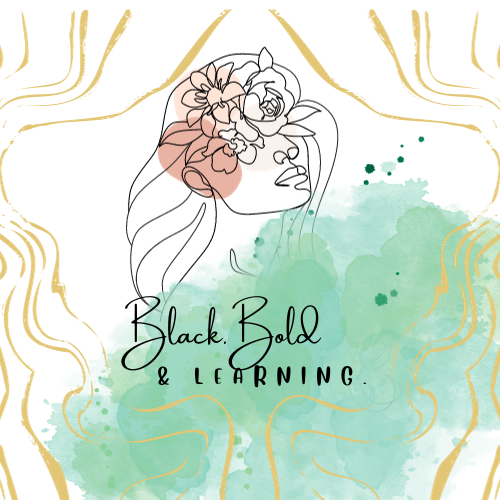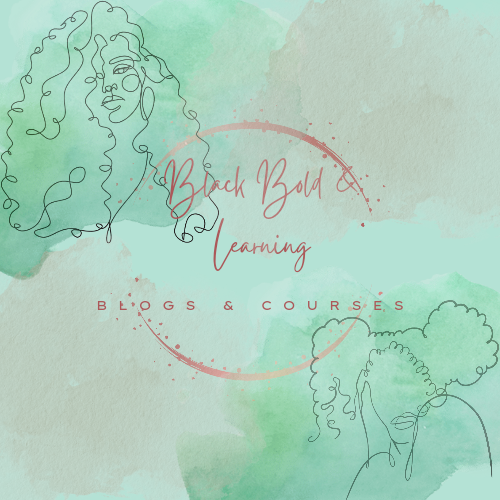Body Image: Rewriting Your Narrative
Definition of body image
Your body image is the mental picture you have of your physical self. It encompasses the beliefs, thoughts, and feelings you have about your body and how you perceive it in relation to others and the world around you. It is shaped by various factors, such as your upbringing, cultural and societal norms, personal experiences, and the media. However, it is important to remember that your body image is not fixed, and it can be rewritten to align with a more positive and empowering narrative.
According to the American Psychological Association (APA), "body image refers to one's subjective experience of his or her physical appearance." The APA further explains that body image can be influenced by a variety of factors, including social media, family and peer relationships, cultural expectations, and personal experiences with weight and appearance.
Through self-reflection, self-compassion, and intentional action, you can learn to embrace and celebrate your body, regardless of its shape, size, or perceived flaws.
Common Causes of Unhealthy Body Image
Media messages and outside pressures
The media often portrays unrealistic and idealized images of beauty and body types, which can lead to feelings of inadequacy and pressure to conform.
Comparison to others (social media, celebrities, etc.)
Social media, as well as celebrities and other public figures, can also contribute to body image issues by setting unrealistic expectations for appearance and body type.
Low self-esteem and lack of self-confidence
Negative beliefs about oneself and low self-esteem can also contribute to body image issues, as individuals may perceive themselves as flawed or unattractive.
Health issues (hormonal, eating disorders, etc.)
Certain health issues, such as hormonal imbalances and eating disorders, can also impact body image, as they can alter one's physical appearance and contribute to negative feelings about one's body.
It's important to recognize that body image issues can stem from a combination of these factors and that there is no single "cause" for everyone. However, by identifying these common factors, individuals can begin to address the root causes of their body image concerns and work towards developing a more positive and realistic body image.
III. Developing Self-Love and a Healthy Body Image
Recognize the power of positive thinking
Take control of negative thoughts and feelings
Invest in activities that build confidence and self-esteem
Reach out for help from support systems (family, friends, professionals)
Practice self-care and prioritize your physical, emotional, and mental well-being
Surround yourself with positive influences and individuals who uplift and support you
Challenge societal beauty standards and redefine your own definition of beauty
Celebrate and appreciate your body for what it can do, rather than solely for its appearance
Practice gratitude and focus on what you love about yourself and your life
Continuously work on self-improvement and personal growth, but also embrace and love yourself in the present moment.
Narrative Coaching Approach to Rewriting Body Image
Narrative Coaching is an approach that can be used to rewrite our body image narrative. This approach focuses on understanding and organizing our experiences and emotions in a new way, in order to create a more positive and empowering narrative.
Recreating the story
Restorying is a technique that involves changing the way we tell our story by focusing on our strengths, resources, and resilience. This can help to shift our perspective and create a more positive self-image.
Organizing the narrative
Organizing the narrative of dysfunction involves exploring the negative messages and experiences that have contributed to our negative body image, and finding ways to challenge and reframe these beliefs.
Journaling
Journaling is another tool that can be used to explore and reframe our body image narrative. By writing down our thoughts and emotions, we can gain clarity and perspective on our experiences and beliefs.
Art as a form of expression
Using art as a form of expression can also be helpful in rewriting our body image narrative. This can include drawing, painting, or creating collages that express our emotions and experiences in a new way.
Dance as a form of expression
Expressive dance is another way to rewrite the body image narrative. By using movement and expression, we can tap into our emotions and release negative energy, creating space for new and positive beliefs to emerge.
Start Working with a Black Life Coach
Are you ready to rewrite your body image narrative and start embracing a healthier, more positive view of yourself? Let me help you on this journey with my Narrative Coaching approach. Together, we'll work on re-storying and organizing your narrative, using journaling, art, and expressive dance as tools for expression and healing. As someone with expertise in working with women of color of different traditions, cultures, experiences, and faiths, I can help guide you toward a more positive, empowering body image. Don't wait any longer to invest in yourself and take charge of your narrative. Book a session with me today!
***It is important to note that while narrative coaching can be a helpful tool for addressing body image issues, it is not a replacement for therapy. As a trained mental health professional, a therapist is able to go deeper into the underlying emotional and psychological issues that may be contributing to body image concerns. If you feel that your struggles with body image are related to mental health issues such as depression, anxiety, or trauma, seeking therapy may be a helpful addition to your journey toward a healthier body image.
Other Services:
In addition to Narrative Coaching for body image, I also offer coaching services for assertiveness and boundaries, disordered eating, and self-love reset. I also provide courses, webinars, and blogs on a variety of topics, including emotional healing, family dysfunction, and narcissistic abuse. Whether you're looking for one-on-one coaching, self-paced courses, or additional resources, I'm here to help you on your journey toward growth and healing. Contact me to schedule your free 30-minute discovery call and see which services are right for you.

